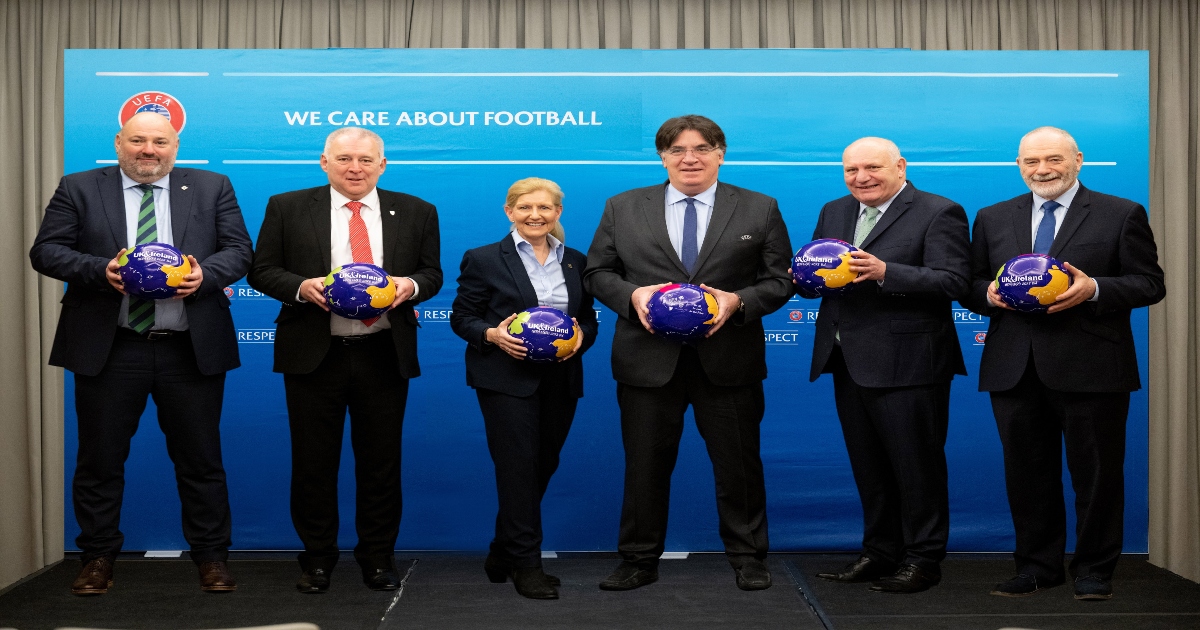Financial Sustainability is Critical to the Future of European Football—UEFA
The Union of European Football Associations has taken steps to secure the future of football in its region. This move is reflected in a recent document from UEFA after a meeting held on April 28 in Switzerland.
The media statement reads: “The UEFA Club Licensing Committee, chaired by UEFA Vice-President Gabriele Gravina, gathered today at the House of European Football in Nyon to address a range of topics related to club licensing and financial sustainability.”
The information further says, “with growing consensus among stakeholders that financial sustainability is critical to the future of European football, the committee stressed the need to implement UEFA’s regulatory frameworks consistently and to further enhance them if necessary.
Recent transactions in European club football have raised questions about the consistent implementation of the new UEFA Financial Sustainability Regulations. In response, the committee proposed amendments to the regulations regarding the accounting of transfer operations to prevent abusive practices and ensure equal treatment.”
While continental football championships in Europe attract some of the most prominent corporate sponsors in the region, UEFA is still exploring ways to keep the region’s football attractive while examining cost, youth development, and effective allocation of resources at its disposal. This resolve is captured in the comments below.
“In addition, the committee agreed to explore new ways to enhance the long-term sustainability and competitiveness of European football. To achieve this, a specialised Working Group was appointed to analyse the impact of national taxes and social charges in various jurisdictions to develop effective and equitable cost control mechanisms. It will also examine the feasibility of specific measures that would supplement the existing squad cost rule, with the aim to enhance cost control, promote the development of youth players and foster a better redistribution of resources.
The composition of this inclusive Working Group was decided today by the UEFA Club Licensing Committee and comprises a total of 11 representatives coming from National Associations, the European Club Association, European Leagues, FIFPRO Europe and Football Supporters Europe. The involvement of the entire football family ensures that the Working Group will provide valuable insights and recommendations to guide the development of fair, transparent and balanced measures for a healthy European football ecosystem. These proposals will be presented for further discussion and consideration at the next UEFA Executive Committee meeting to be held on 28 June 2023.”
Just as UEFA has done, it is equally crucial for all other football unions worldwide to prioritize financial stability; otherwise, a lack of funds may hinder football’s growth if adequate financial projections are not implemented to ensure liquidity in managing the game.









